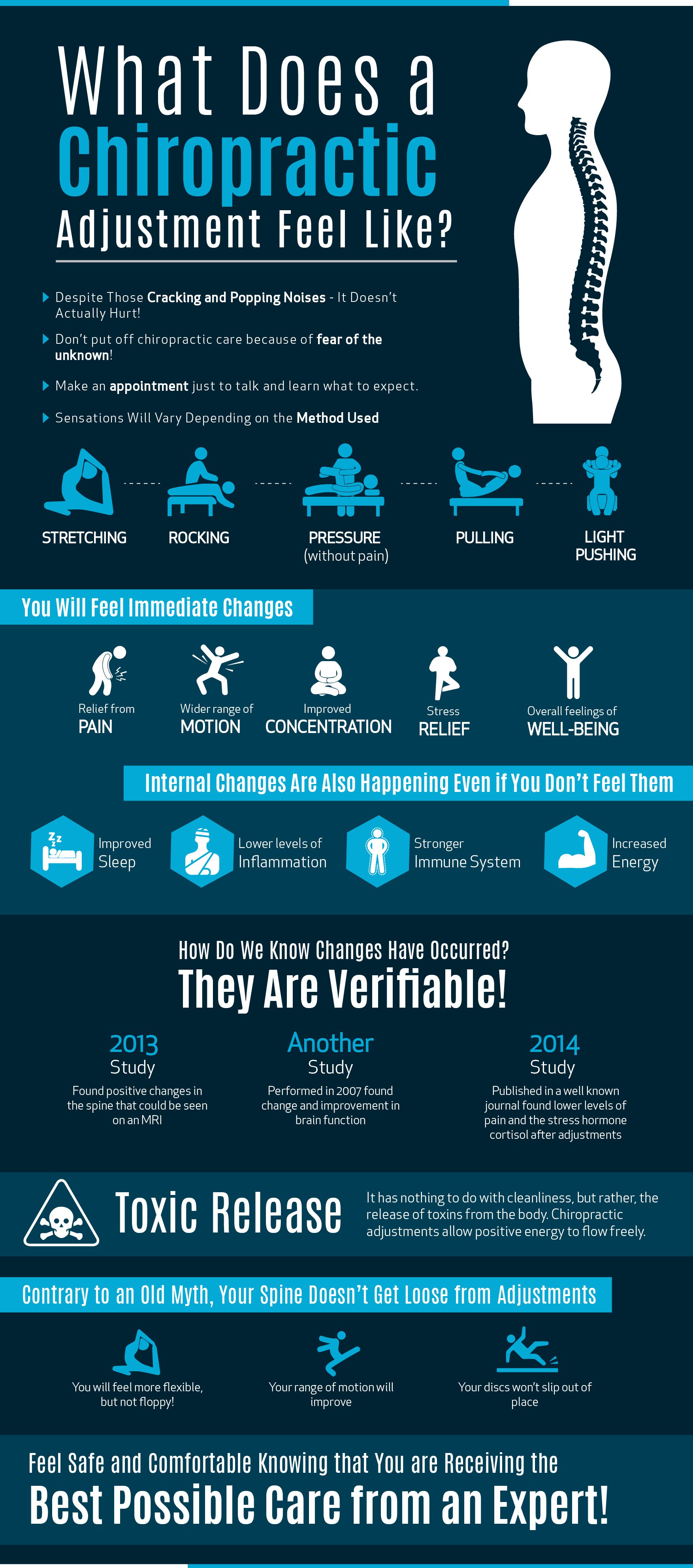The Influence Of Diet Regimen On Back Pain Management: Foods To Integrate And Foods To Omit
The Influence Of Diet Regimen On Back Pain Management: Foods To Integrate And Foods To Omit
Blog Article
Author-Cochrane Lykke
When it pertains to managing your back pain, the food selections you make can dramatically influence just how you really feel each day. Visualize being able to reduce your discomfort merely by readjusting what you consume. By recognizing the duty of nutrition in back pain management and understanding which foods to incorporate or avoid, you can take aggressive actions in the direction of a much healthier and a lot more comfy way of living. The link in between nourishment and back health and wellness is much more profound than you might understand-- let's check out how particular foods can either relieve or exacerbate your pain in the back.
Relevance of Nutrition in Pain In The Back
Nourishment plays a vital duty in handling neck and back pain. Your diet can dramatically impact inflammation degrees and total pain levels in your back. Eating a well balanced diet rich in nutrients like vitamins D and K, calcium, magnesium, and omega-3 fats can help in reducing inflammation and strengthen bones, which are crucial for back health.
Furthermore, keeping a healthy and balanced weight via correct nourishment can reduce stress and anxiety on your spine, minimizing the risk of pain in the back.
Moreover, specific nutrients like anti-oxidants found in fruits and vegetables can help combat oxidative tension and advertise healing in the body, consisting of the back muscle mass and back.
On the other hand, eating too much quantities of refined foods, sweet drinks, and undesirable fats can add to swelling and weight gain, exacerbating back pain.
Foods to Eat for Back Health And Wellness
To sustain a healthy back, incorporating nutrient-rich foods right into your day-to-day dishes is vital. Including foods high in antioxidants like berries, spinach, and kale can help in reducing swelling in your back, easing pain and discomfort. Omega-3 fats found in fatty fish such as salmon and mackerel have anti-inflammatory residential or commercial properties that can profit your back wellness.
Additionally, taking in nuts and seeds like almonds, walnuts, and chia seeds supplies important nutrients like magnesium and vitamin E, which support muscular tissue feature and decrease oxidative anxiety. Incorporating lean healthy proteins such as chicken, turkey, and tofu can assist in muscular tissue repair service and upkeep, advertising a strong back.
Do not fail to remember to consist of dairy or fortified plant-based choices for calcium to sustain bone health and wellness. Lastly, hydrate with lots of water to keep your back discs moistened and functioning ideally. By consisting of these nutrient-dense foods in your diet, you can nurture your back and support overall spinal wellness.
Foods to Avoid for Pain In The Back
Select preventing refined foods high in added sugars and trans fats when seeking relief from back pain. These types of foods can contribute to swelling in the body, which might worsen pain in the back. Say no to sweet snacks like candy, pastries, and sweet drinks, along with junk food items like hamburgers, french fries, and fried poultry that are frequently packed with trans fats.
Additionally, stay away from foods having high levels of refined carbs, such as white bread, pasta, and breads, as they can increase blood sugar level levels and possibly get worse inflammation in the body.
It's also wise to limit your consumption of foods high in hydrogenated fats, like red meat and full-fat milk products, as they can contribute to inflammation. Refined foods like delicatessens meats, chips, and packaged treats are usually high in saturated fats and should be eaten in small amounts.
Verdict
To conclude, taking note of your diet plan and making wise food choices can have a significant influence on handling pain in the back. By incorporating https://healthcare.utah.edu/the-scope/shows.php?shows=0_vy4s6pbt -rich foods like berries, fatty fish, nuts, and lean proteins, and preventing refined and sugary products, you can help reduce swelling and support on the whole back wellness. Bear in mind, what you eat plays a crucial role in how you feel, so ensure to prioritize your nutrition for a healthier back.
